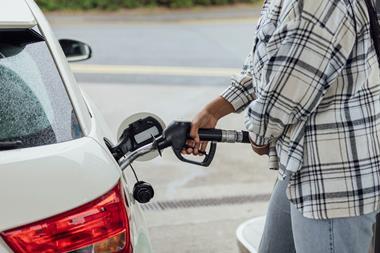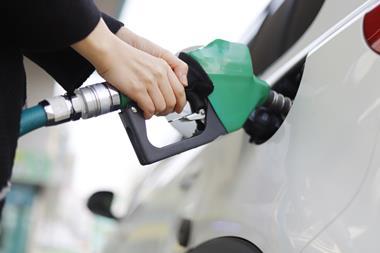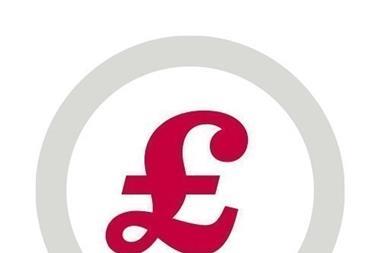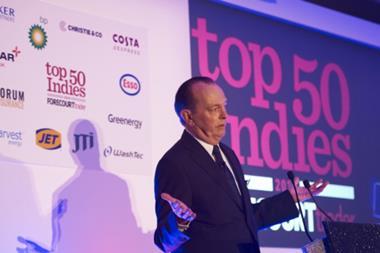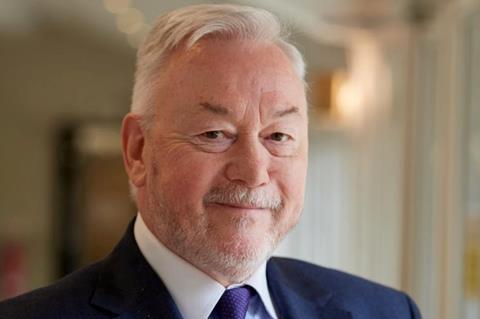
The PRA has hit back at the CMA for not including rising costs in its latest monitoring report on road fuel, which was released last week.
The report concluded that prices at the pump had risen since late January, accompanied by above average margins and spreads.
Gordon Balmer, executive director of the Association, said the omission of increased operating costs in the analysis is acknowledged by the CMA, but these costs are significant contributors to the rise in pump prices.
“Fuel retailers operate on razor-thin margins in a highly competitive market and must keep prices at the pump as low as possible to attract customers and avoid losing them to competitors,” he explained.
“Fuel retailers have been contending with enormous increases in their operating costs while offering motorists the best deals possible. Costs in the form of energy, national living wage and business rates have all risen sharply, not to mention the record rates of shoplifting and fuel theft. We have highlighted the detrimental impact of forecourt crime on pump prices to the relevant government officials, but we are yet to receive confirmation that there will be any enforcement of the law.
“In addition to rising costs, fuel sales have fallen to 87% of pre-pandemic volumes.
Balmer reiterated that the PRA is working closely with the government as it develops its fuel price transparency scheme, which will allow motorists to find the cheapest fuel available to them.
“Our members remain committed to offering their customers the best deals possible. Until the government’s fuel price transparency checker is introduced, I would advise motorists to use petrolprices.com to find the best deals available.”
The CMA report covered fuel prices at the pump from the end of October 2023 to the end of February 2024.Overall, while pump prices for both petrol and diesel have decreased since October 2023, this can be divided into two separate periods.
From late October to late January petrol prices decreased by approximately 14ppl (from 153.97ppl to 139.39 ppl) but between January and late February fuel prices have edged up by around 5ppl (to 144.73 ppl).
The price of diesel also fell 14ppl (from 161.76ppl to 147.93ppl) between late October to late January. Since then, it has risen by over 6ppl (to 154.53ppl) between January and late February. This has been driven, in part, by global factors such as changing crude oil prices.
The CMA also looked at the retail spread – the average price that drivers pay at the pump compared to the benchmarked price that retailers buy fuel at – from November 2023 to the end of February 2024.
While spread analysis can give a quick overview of trends in the sector, the CMA said it is a less reliable indicator of competitive intensity than individual retailers’ fuel margins. Retail spreads increase and decrease in response to the volatility of wholesale prices but are expected to return to a normal range over time.
Retail spreads were above the long-term average of 5-10ppl, with petrol averaging 15.2ppl and diesel averaging 15.15ppl from November to February.
This has increased since the CMA’s previous report, which covered the period of May to the end of October, where the average spread was 12.3ppl for both petrol and diesel.
The CMA said that if average spreads remain elevated for an extended period of time, this could indicate a lack of retail competition in the sector.
The CMA issued requests for information to Applegreen – Petrogas, Asda, BP, Esso, Euro Garages Ltd, Morrisons, Moto Hospitality, Motor Fuel Group, Rontec, Sainsburys, Shell, Tesco, and Welcome Break.Responses were received in time for inclusion in this report from all but Shell. However, Shell has been providing data voluntarily in response to information requests since January 2024.
The CMA is collecting data from fuel retailers under the interim scheme which remains voluntary, until the CMA’s statutory compulsory information gathering powers come into effect later this year.
The update also found that fuel margins remain at the high levels seen during the CMA’s market study.





















